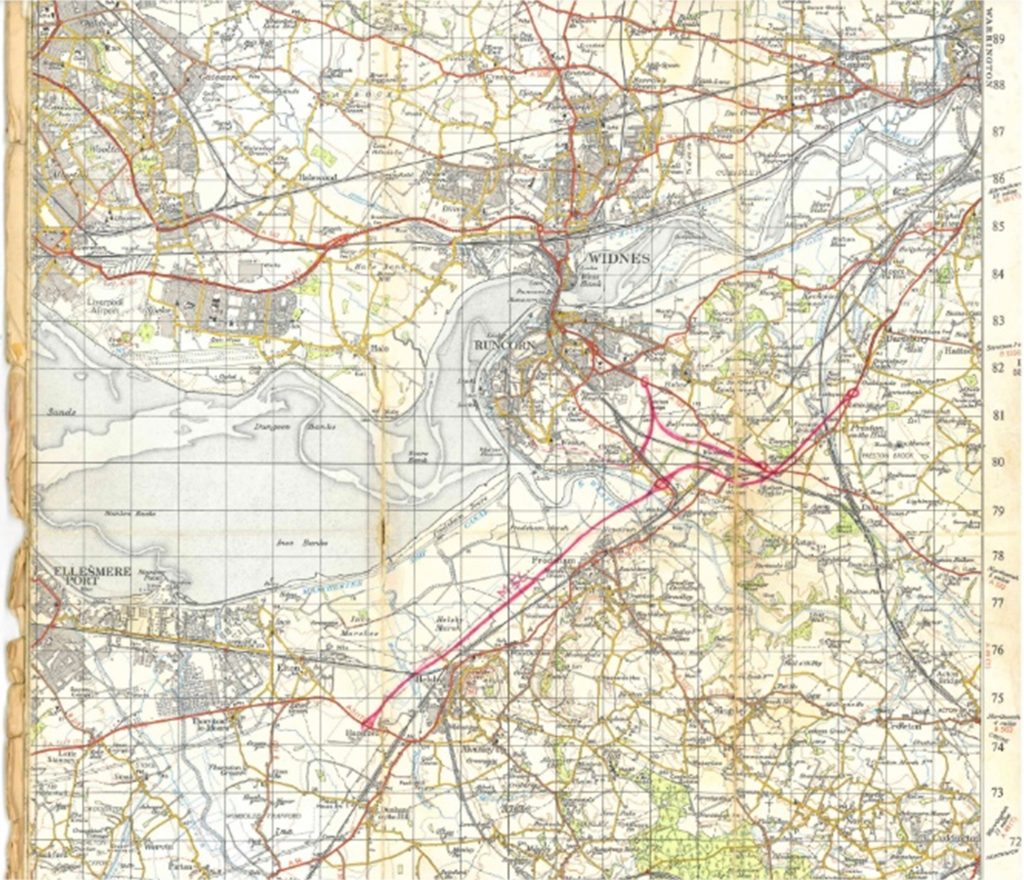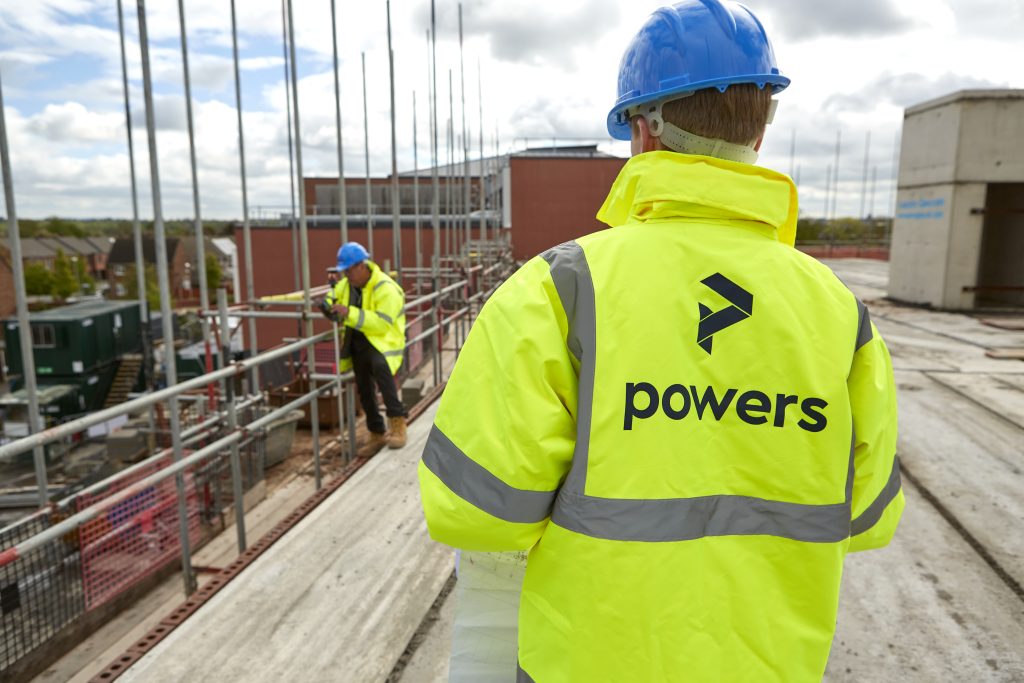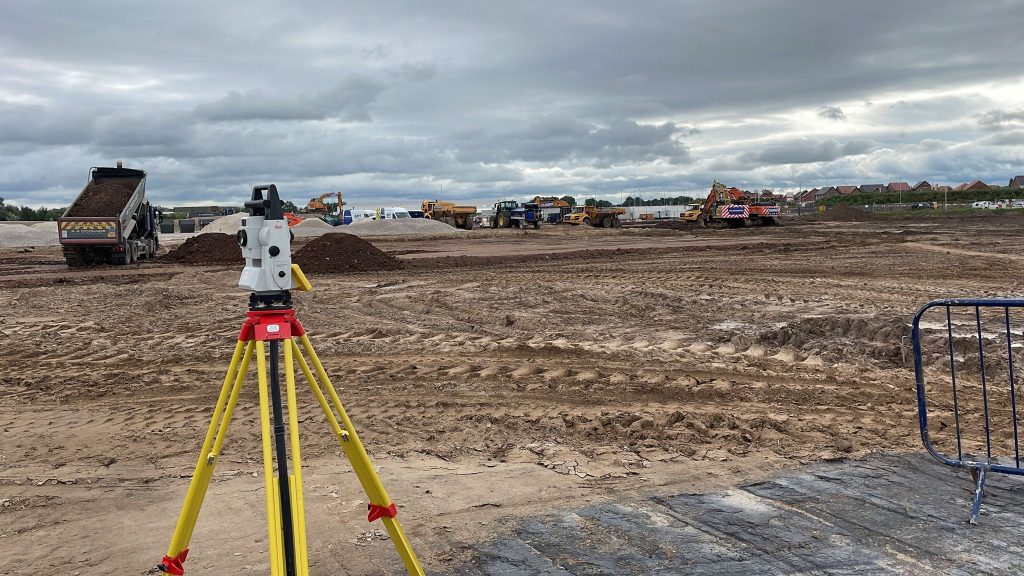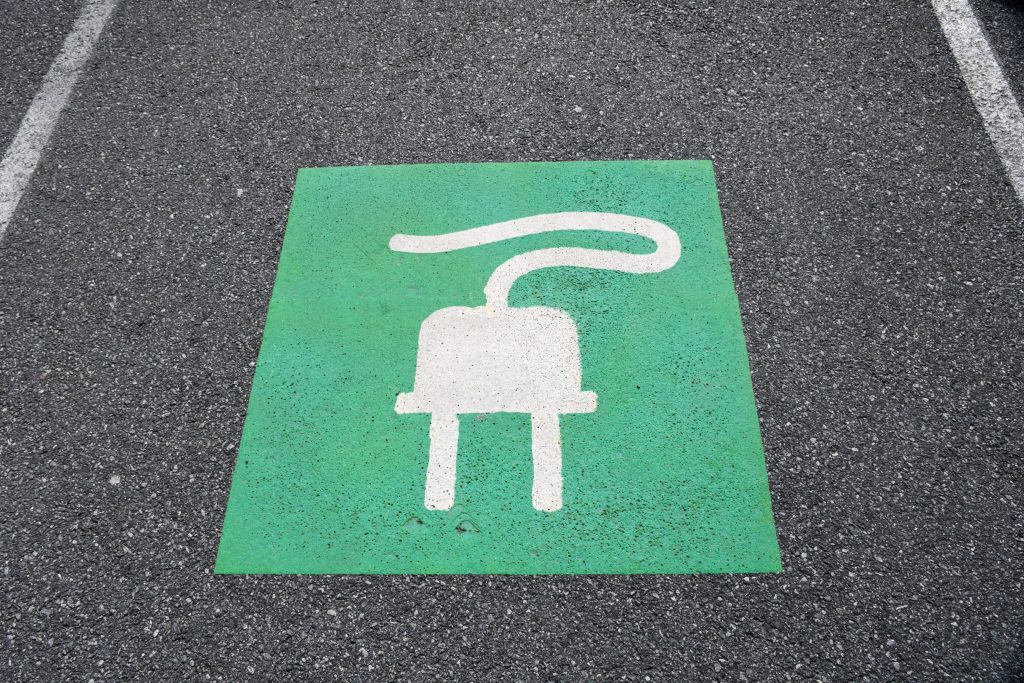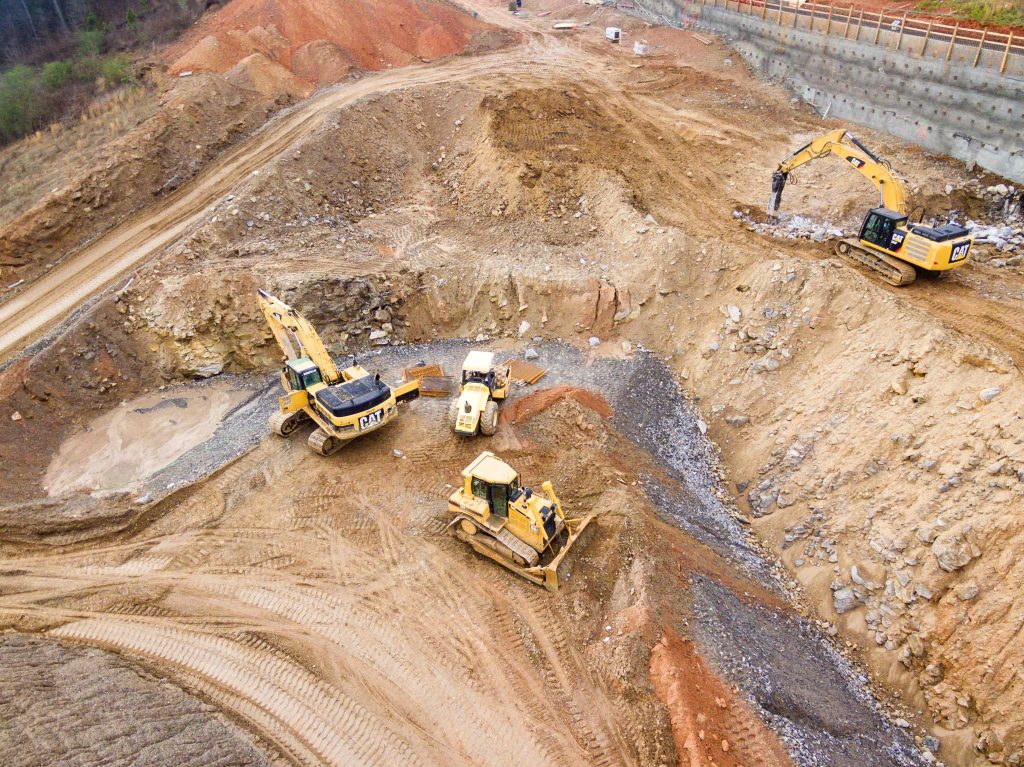January At Powers, we are committed to looking at ways in which we can reduce our carbon emissions in the ongoing journey towards net zero. To this end, we reviewed our carbon emissions in January and updated our environmental targets for 2023 https://tinyurl.com/mvpznb3f. We were also pleased to see the launch of the Save Construction …
Powers’ 12 posts of Christmas – a look back at 2023




